Albert Einstein was a genius, but he was an appalling teacher. When learning a new discipline, you might be tempted to seek out the advice of the most respected and accomplished experts in your field. But according to organizational psychologist Adam Grant, who draws from the latest behavioral science research into learning and career development, you shouldn’t ask an expert to teach you the fundamentals. Learn why studying under maestros might in fact hinder your learning, and discover how to optimize mentor-mentee relationships while exploring the career pathway that’s best for you.
Virtuosos tend to be worse at teaching beginners than less-specialized instructors.
If you want to learn the basics of a new discipline, studying under the tutelage of an expert in the field might seem like the best approach. But research suggests that you’re likely better off learning the foundations of a subject from a less-specialized teacher: A study of more than 15,000 Northwestern University students from 2001 to 2008 found that, across all years and disciplines, students received poorer grades in subsequent classes if they took an introductory module with a tenured professor than if a lecturer with less-specialized knowledge taught the foundational course. As it turns out, mavens often fail to fully prepare students academically, because they themselves have progressed so far in their disciplines that they can hardly remember what it was like to be a beginner.
Albert Einstein was a dreadful teacher. He was afflicted with “the curse of knowledge”; that is, the...
Adam Grant is an organizational psychologist who focuses on how people lead more creative and generous lives and find meaning and motivation. He is the author of Originals, Give and Take and Think Again, as well as the host of the podcasts Re:Thinking and WorkLife.



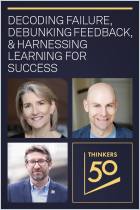
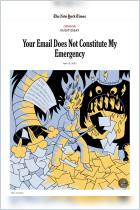
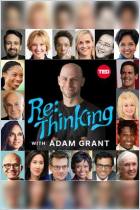
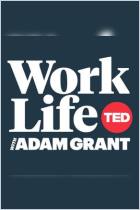
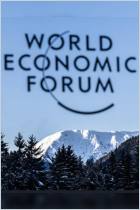
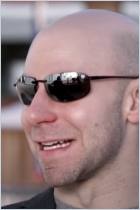
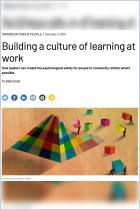
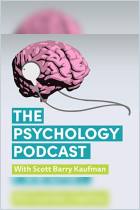
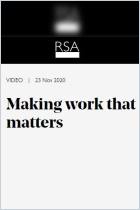
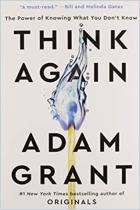
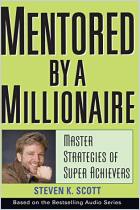
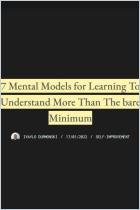
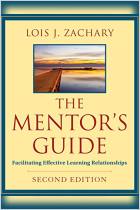
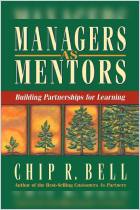
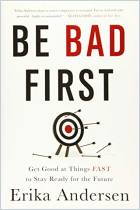
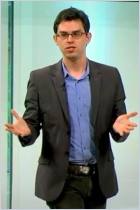





Comment on this summary